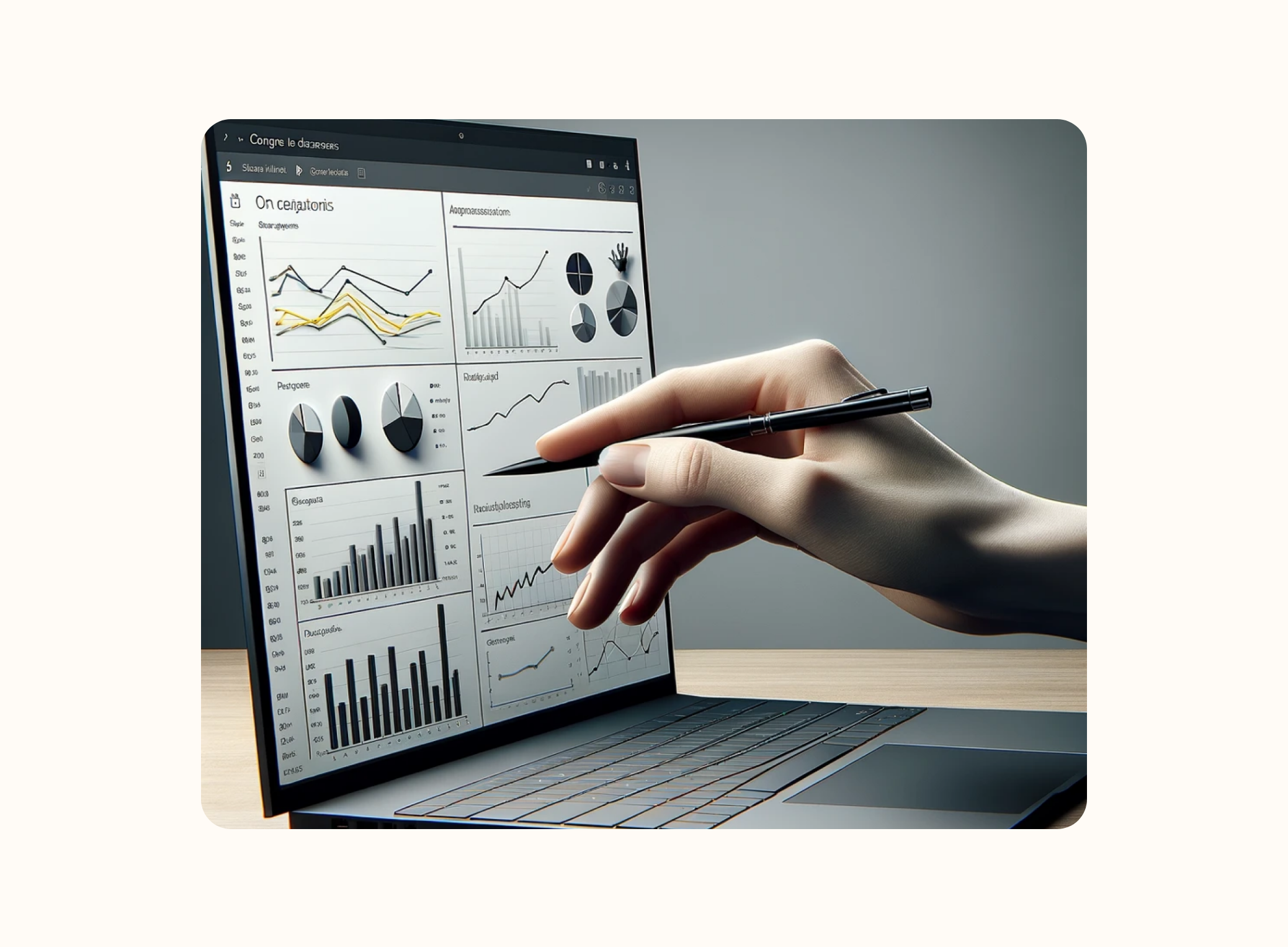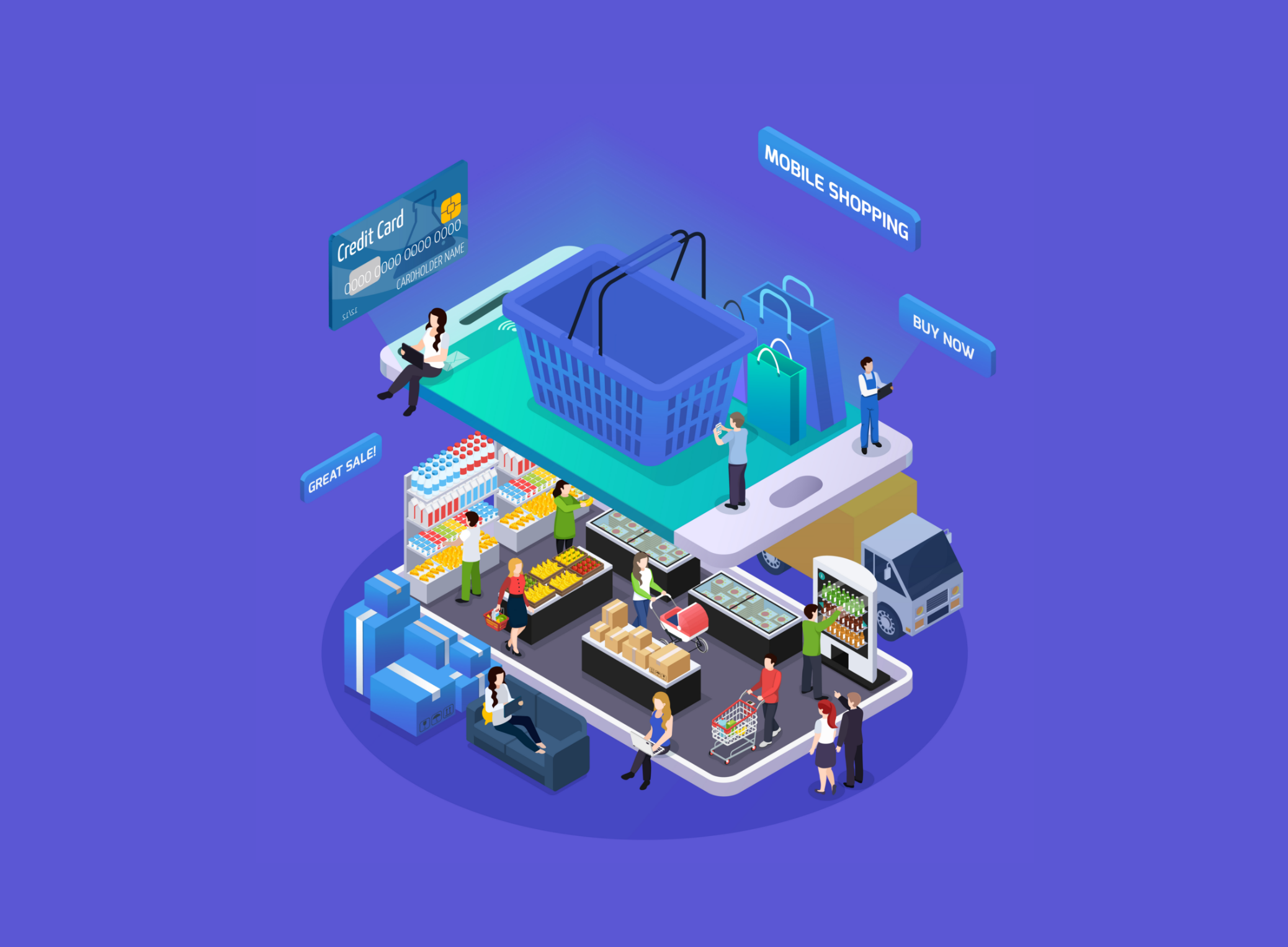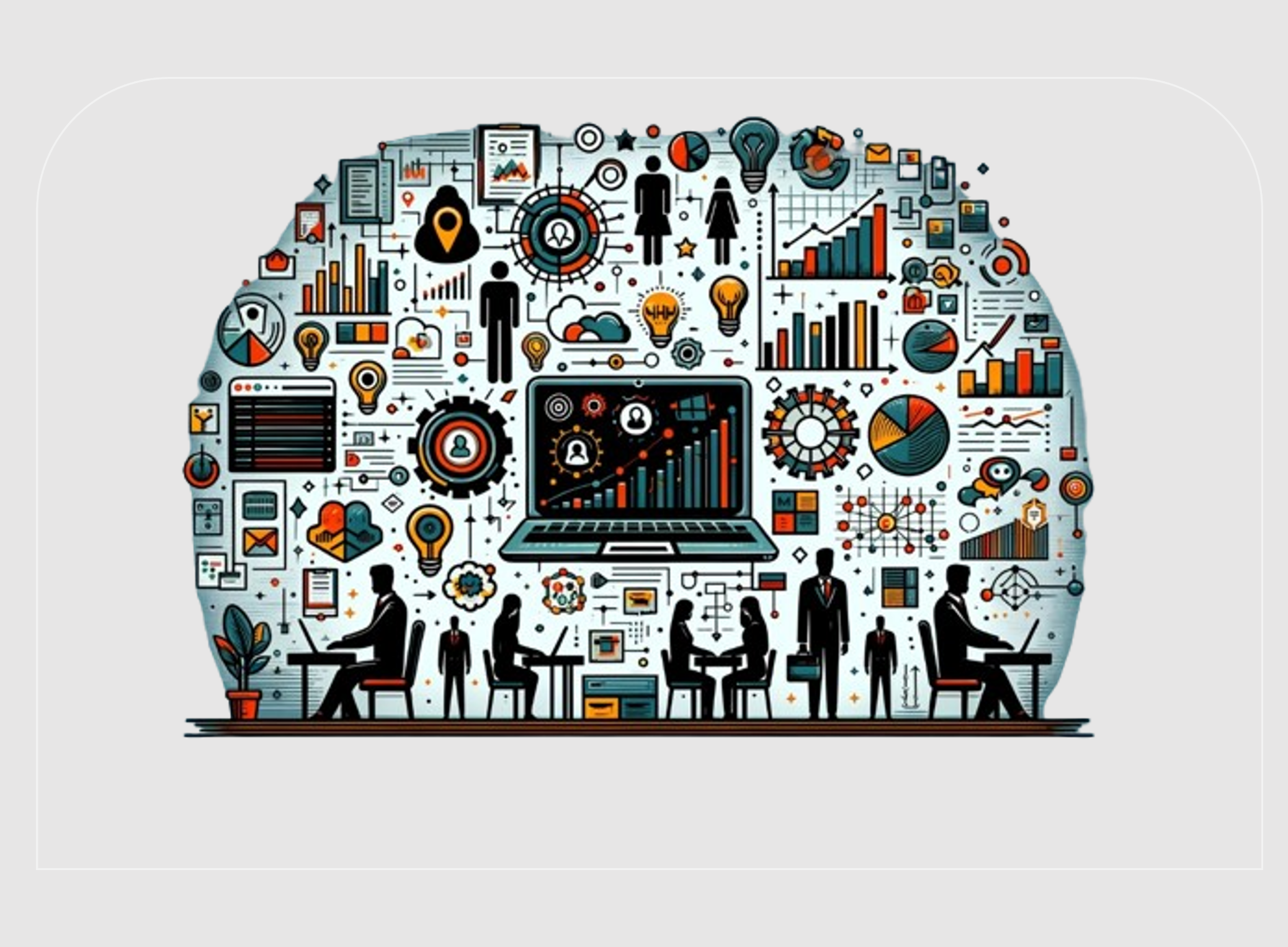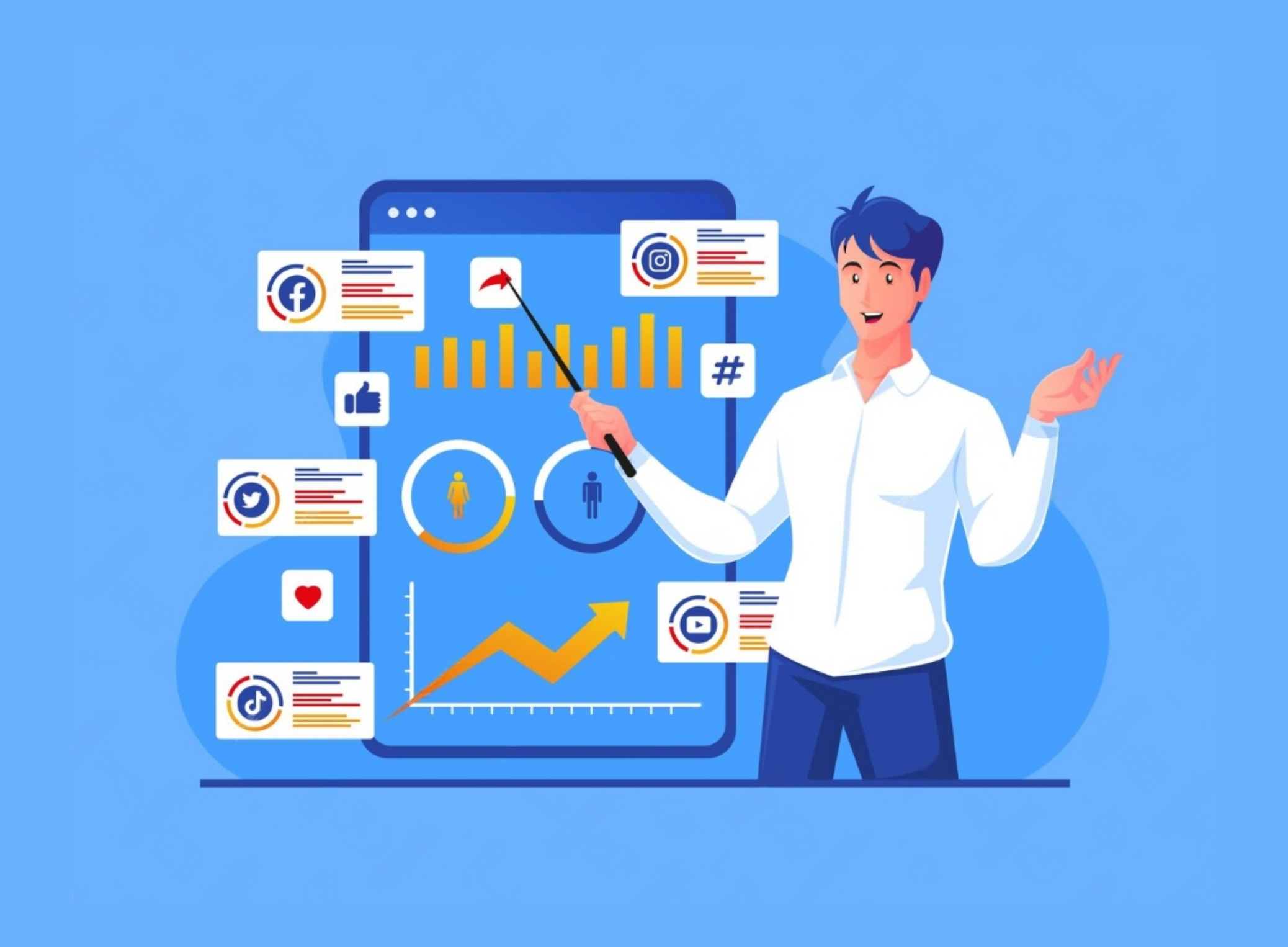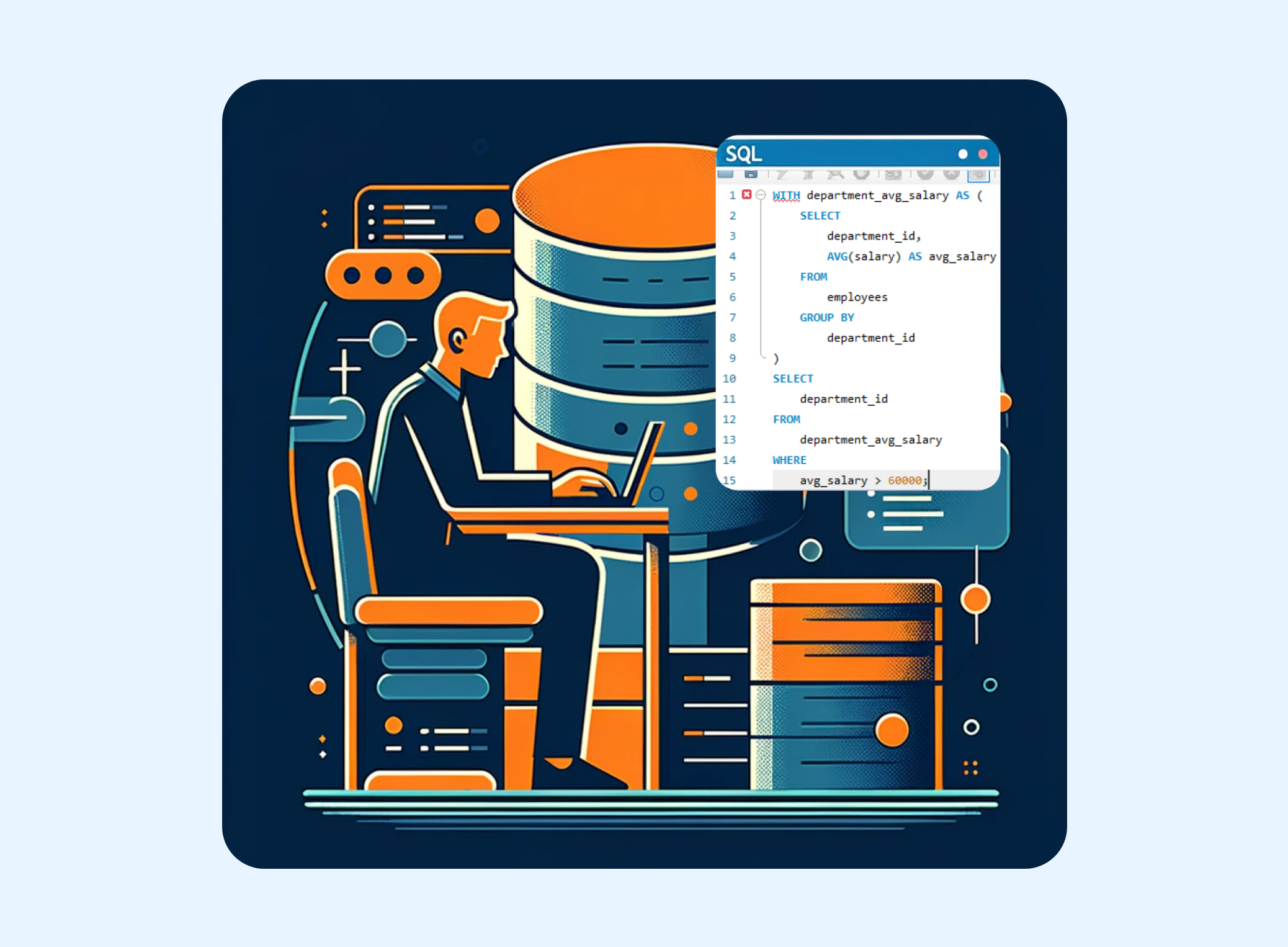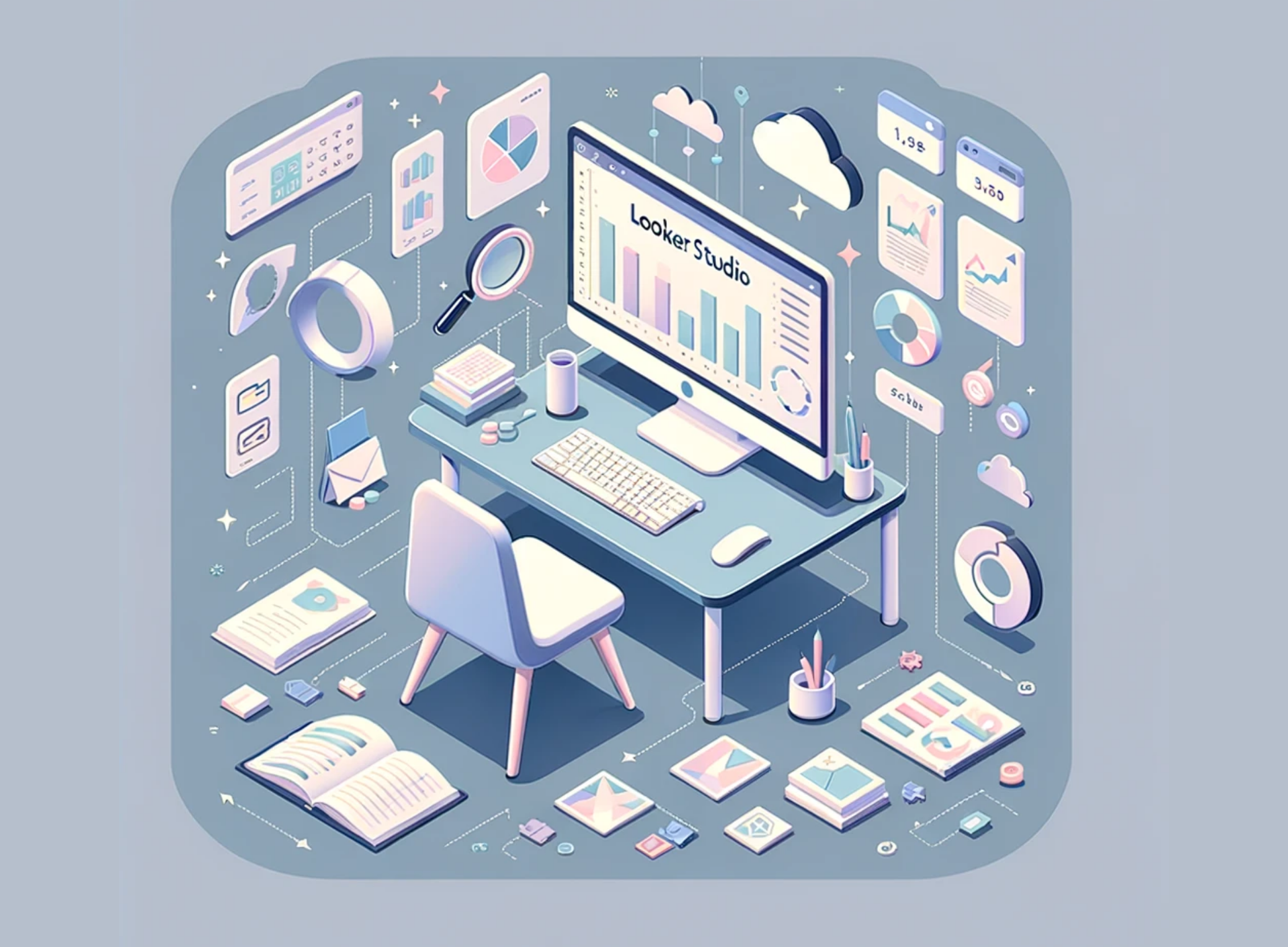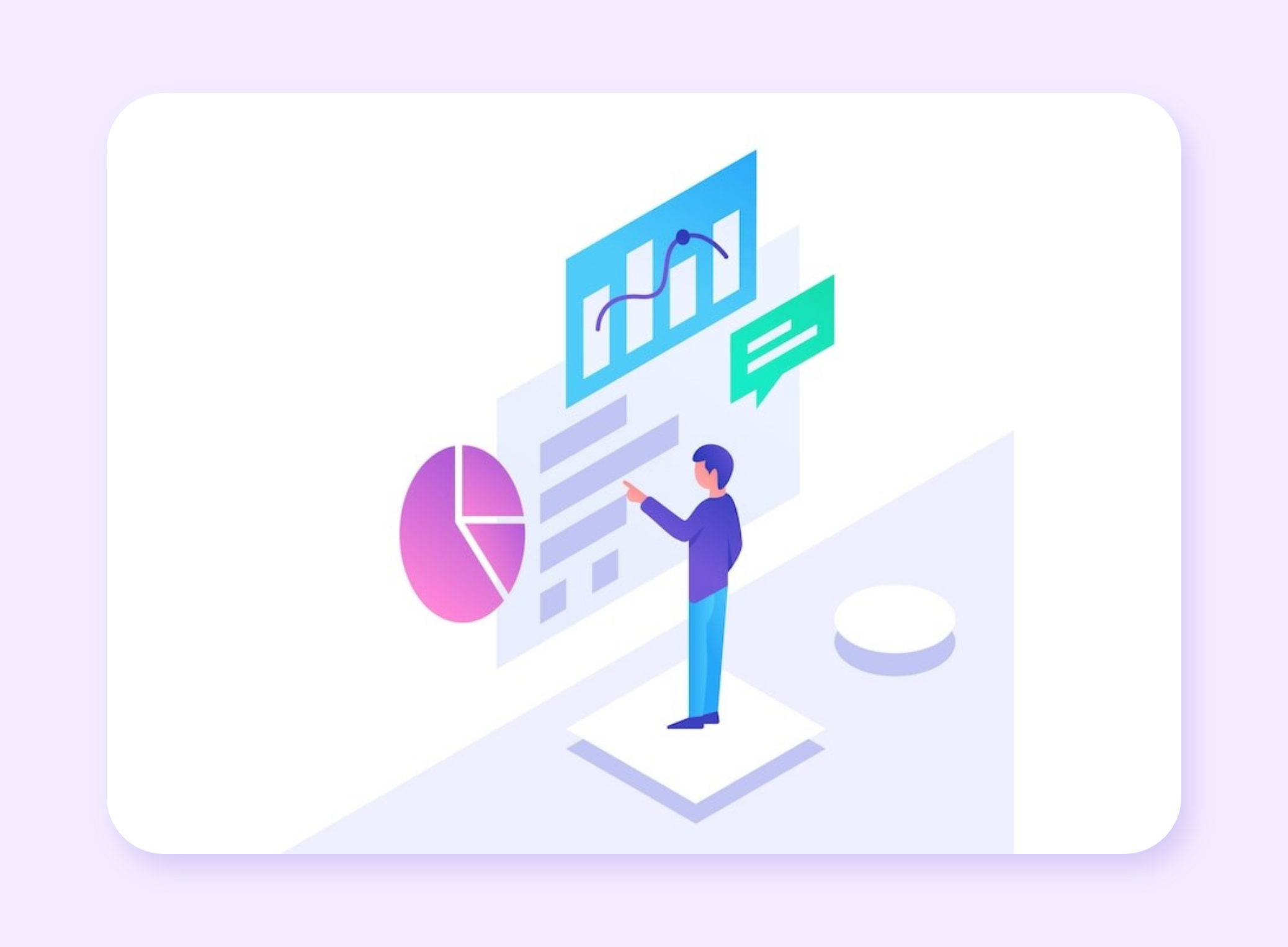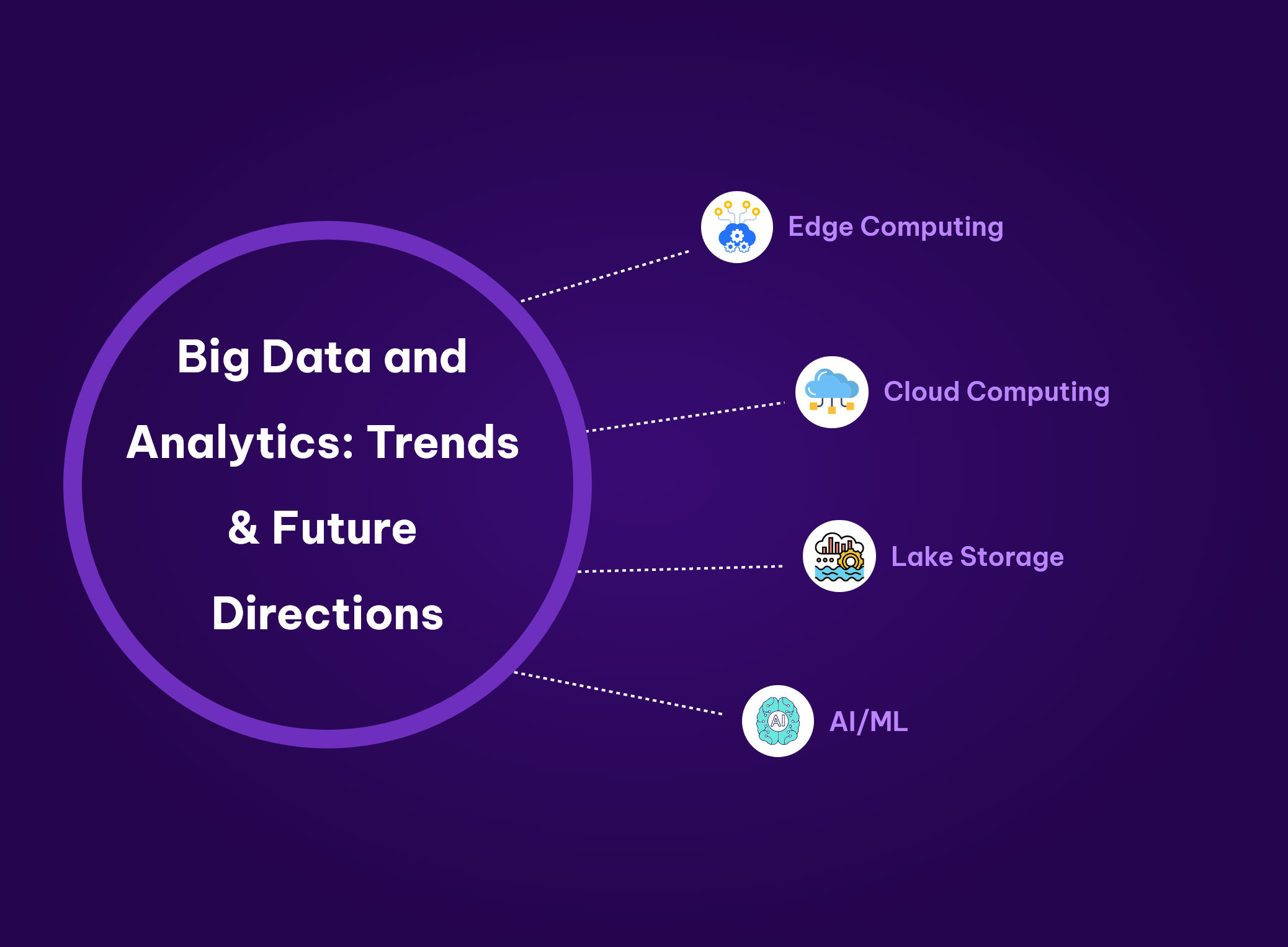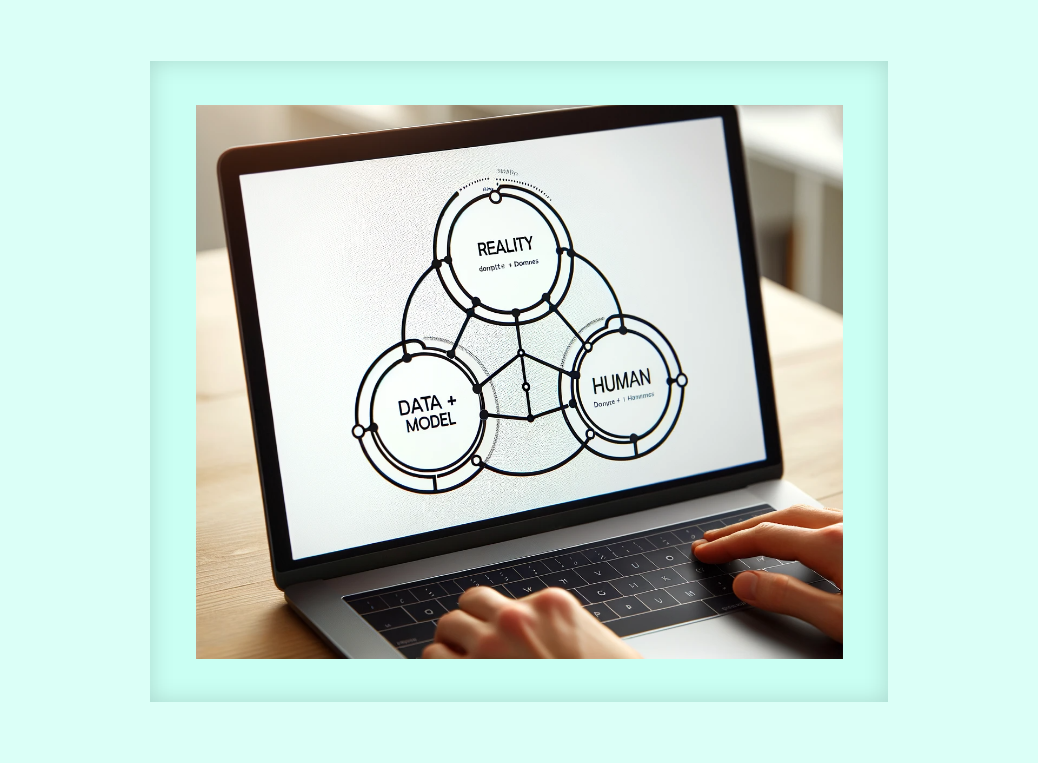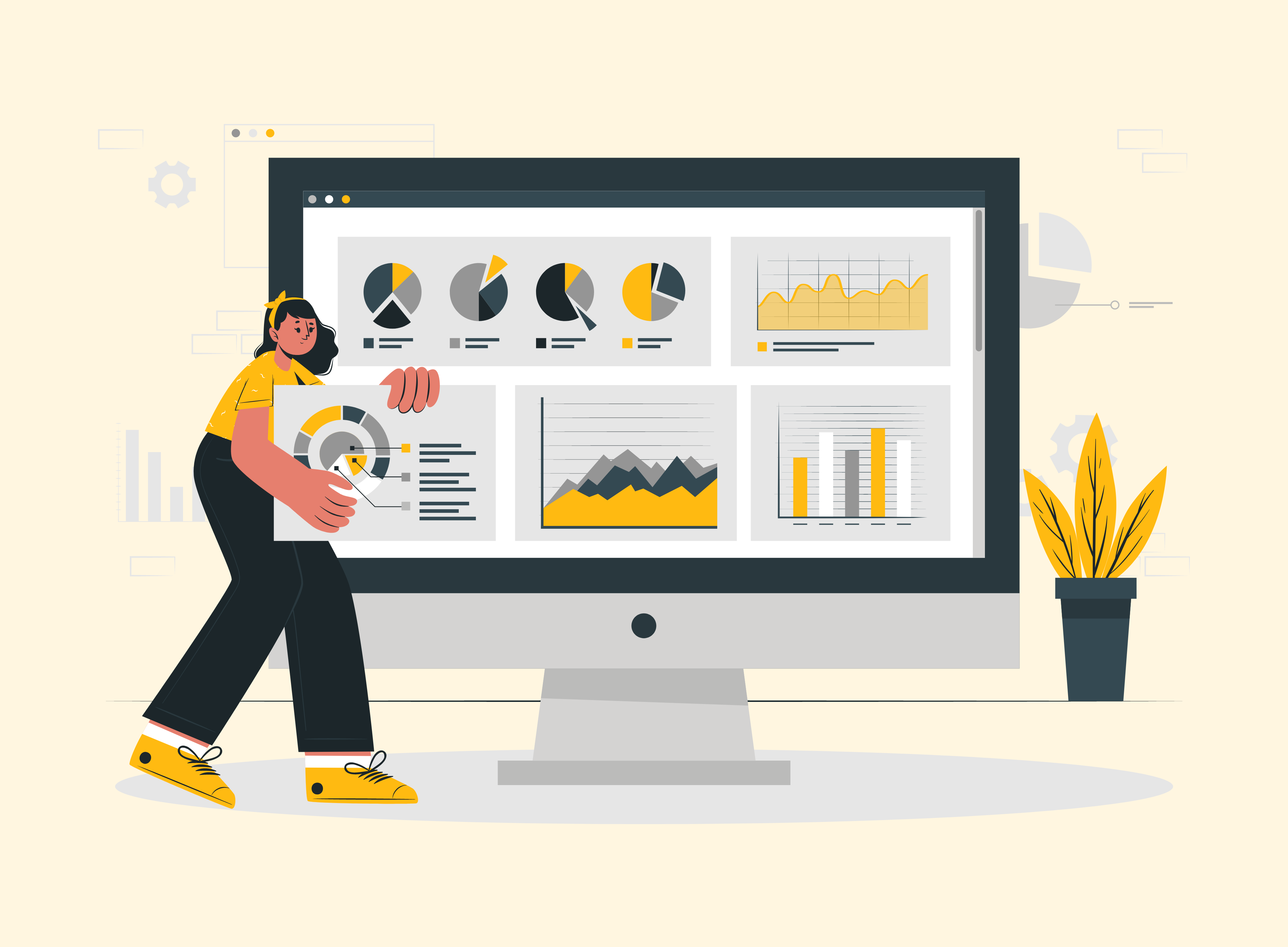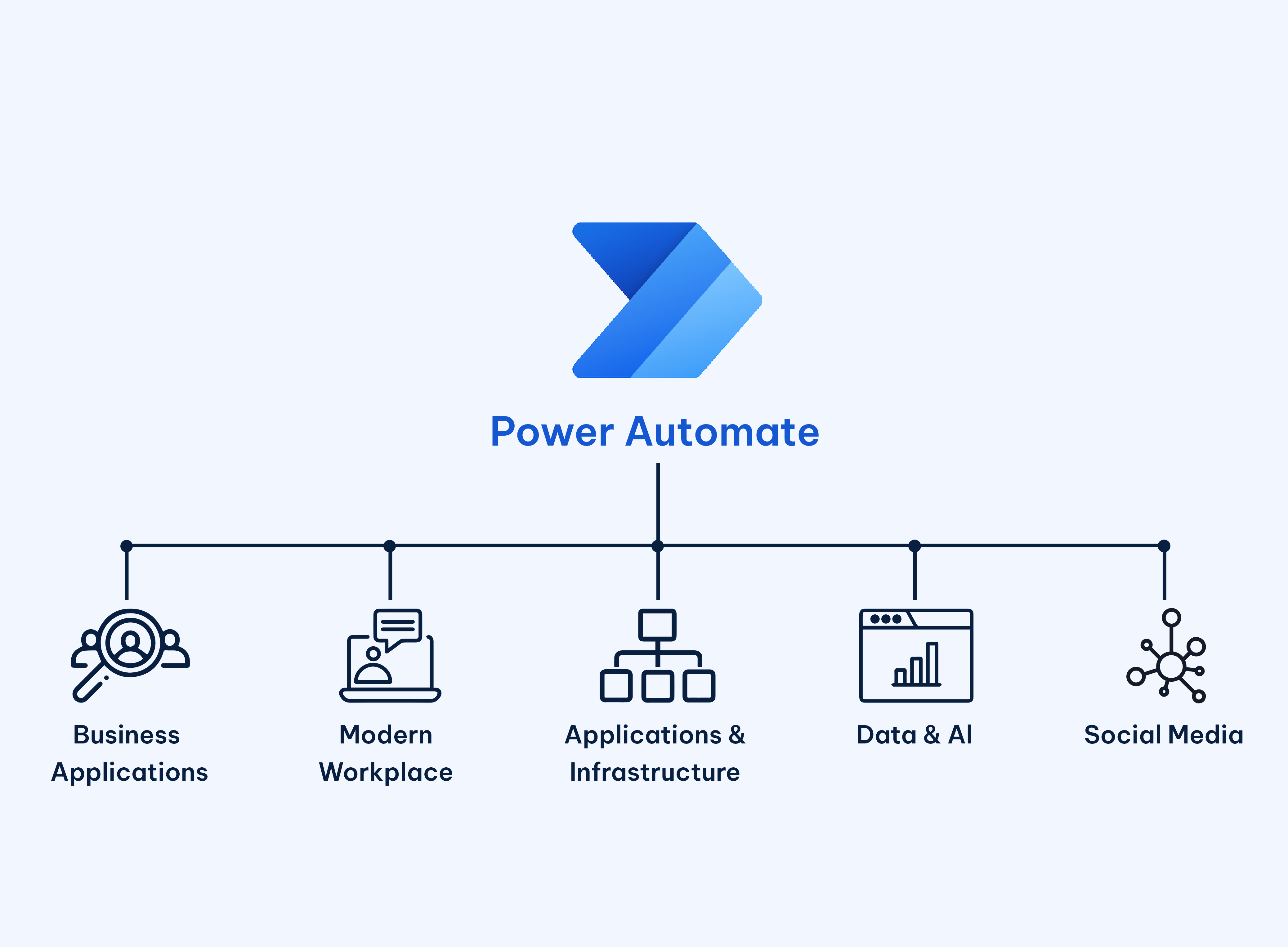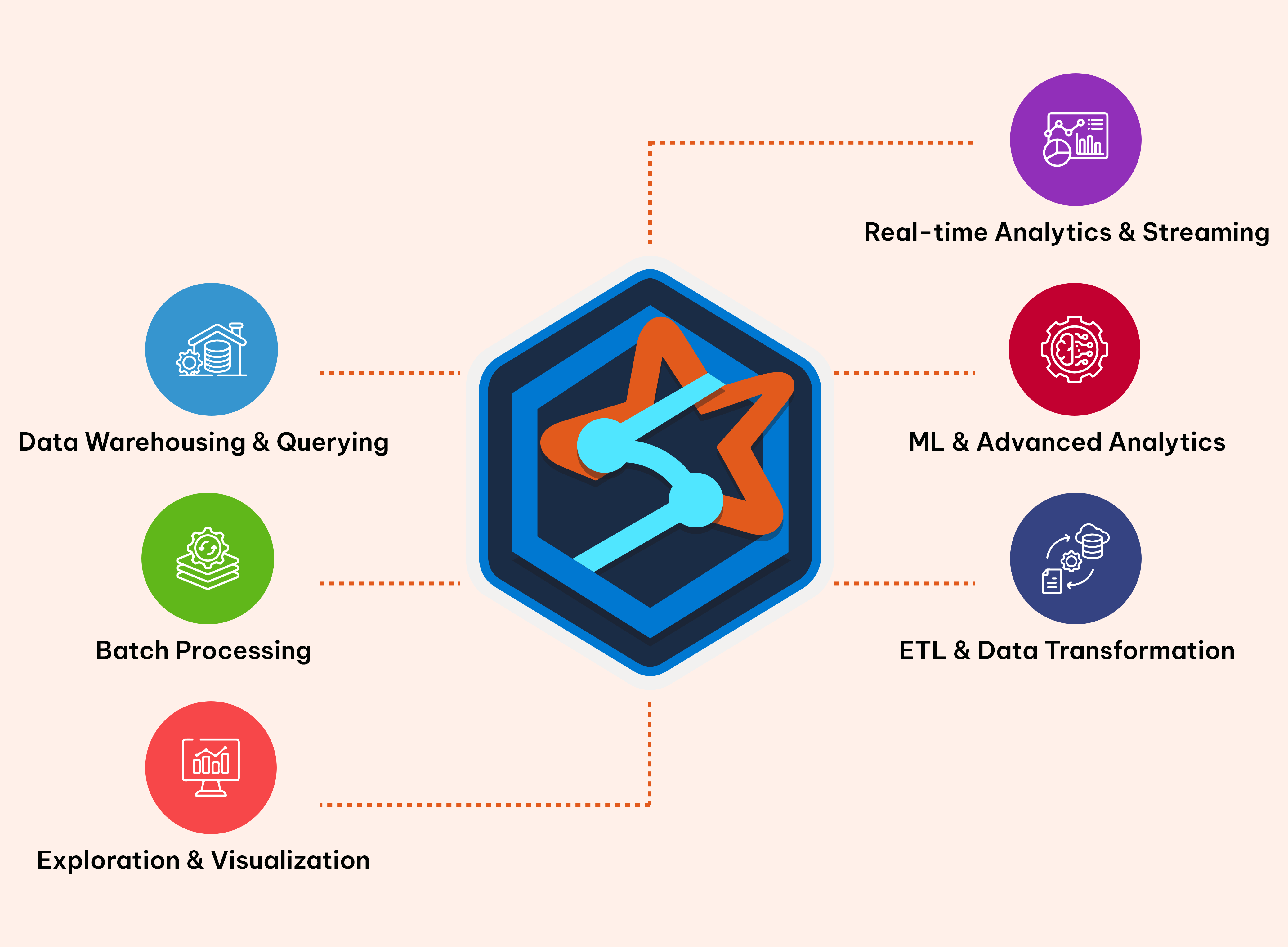Data Analytics
Leveraging Business Intelligence in Retail Industry
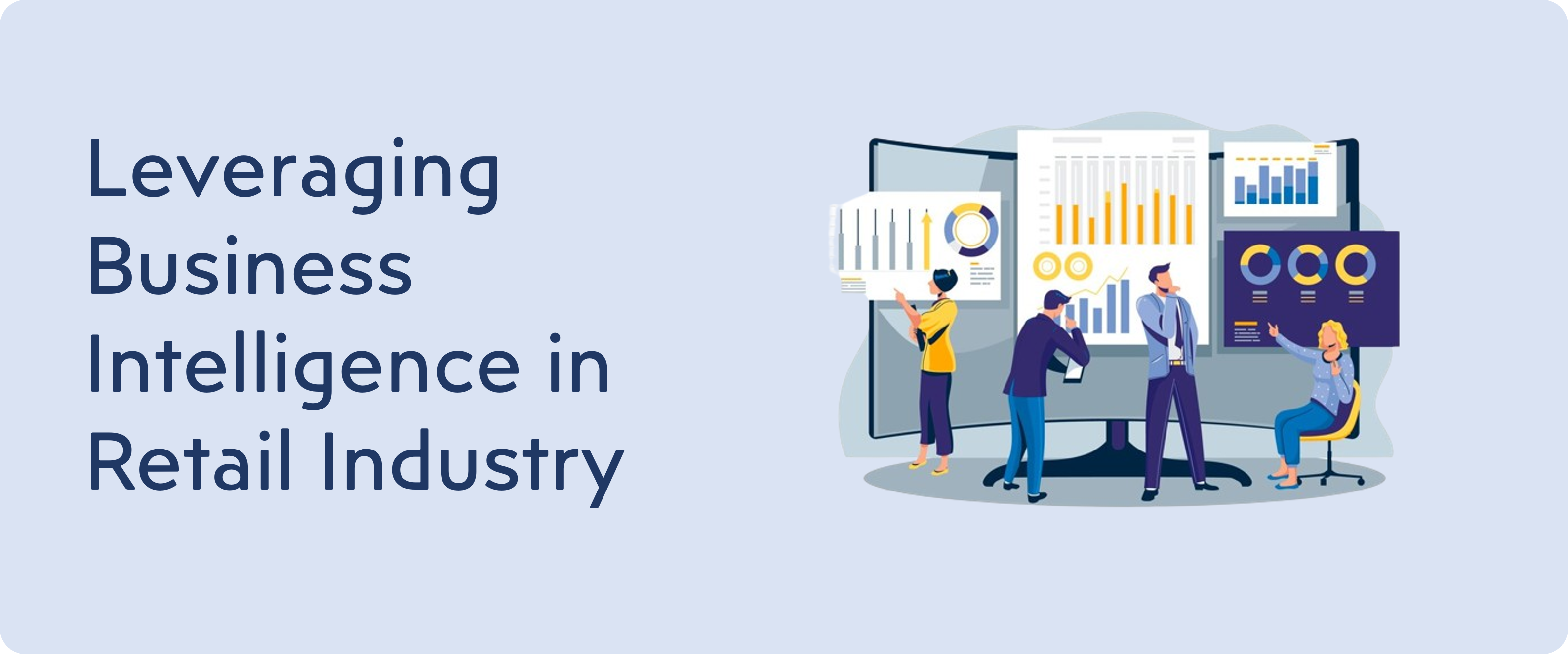
Innovation in technology is advancing more quickly than before, and the digital revolution is having an impact on every sector of the economy. Retail and other disjointed and fragmented businesses are poised for a significant transformation as data analytics and business intelligence replace intuition and conjecture. The business intelligence market is anticipated to reach 43.03 billion USD by 2028, growing at a compound annual growth rate of 8.7%.
A recent Forbes article discusses how consumers are become more picky about the things they buy and how crucial it is to provide outstanding customer service in addition to high-quality items.
This has led to the widespread adoption of smart analytics platforms that offer business value across the most crucial 4 verticals, as shown below:
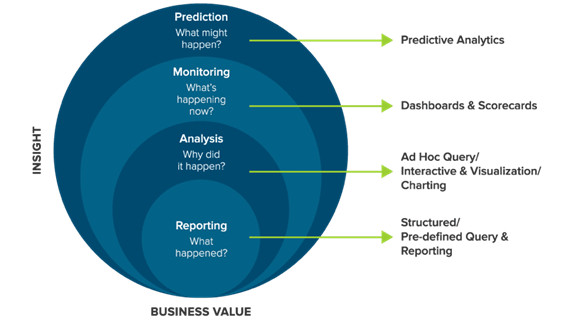
Retail business leaders may go deeply into their customer data and find hidden insights about customer journeys, service, support, and brand expectations with the use of intelligent analytics solutions. They can monitor the outcomes of all these efforts and simplify their business offerings in a way that is focused on the needs of the client thanks to the software solutions.
Why Business Intelligence?
Business Intelligence (BI) is crucial for retail and eCommerce success, transforming data into actionable insights. It empowers decision-makers to understand customer behavior, optimize inventory, and tailor marketing. Real-time analysis refines pricing and promotions, while BI enhances supply chain visibility. It fortifies operations with fraud detection and customer feedback analysis, enabling retailers to proactively plan for demand, respond to market dynamics, and ensure customer satisfaction. Ultimately, BI is essential for agility, efficiency, and competitiveness in a rapidly evolving market.
Benefits of Business Intelligence
Optimize Store Floor Plans
Business Intelligence (BI) software proves beneficial for retailers in crafting an efficient floor plan that enhances the shopping experience for customers. By leveraging BI solutions, retailers can assess the suitability of a chosen floor plan in relation to floor size and product assortments. The software analyzes diverse data sets, such as the number of stops and visit duration, enabling it to provide recommendations for a floor layout that facilitates easy product discovery for consumers.
Improved Inventory Management
Retail businesses that maintain inventory may face a spectrum of challenges, from ineffective tracking to problems related to overstocking. Deploying a business intelligence solution can streamline inventory management and address a majority of issues associated with stock. This system facilitates maintaining optimal stock levels, cutting down on inventory costs, and enhancing order management and processing. Additionally, it aids in anticipating and mitigating overstocking scenarios before they escalate into significant problems.
Cost Reduction
A compelling advantage of Business Intelligence (BI) in the retail sector lies in its capacity to bring about substantial cost savings. Retailers can pinpoint areas for expense reduction by scrutinizing different aspects of their operations, including supply chain, inventory management, and marketing campaigns. For example, BI can identify inefficiencies in the supply chain, enabling retail companies to streamline logistics and cut down on shipping costs. It also has the capability to optimize inventory levels, thereby averting problems like overstocking or understocking that can result in financial losses.
Supply Chain Efficiency
Today, supply chains have grown increasingly intricate, with retailers collaborating closely with merchants to expand product sales. This complexity can result in inefficiencies and the emergence of underperforming departments, especially when there is limited or no visibility into various distribution channels. Nonetheless, the implementation of a Business Intelligence (BI) system provides valuable insights derived from daily operations. This enables businesses to establish a coherent forecast model and pinpoint and rectify logistical bottlenecks that the supply team can address.
How to get started?
Leveraging business intelligence is crucial for informed decision-making in the competitive retail sector. Despite the availability of user-friendly data visualization tools, achieving optimal results requires a strategic approach. In22labs specializes in providing targeted business intelligence consulting for retail companies. Our experienced team collaborates with you to identify optimal processes and address key challenges, ensuring effective utilization of intelligence and data analysis efforts. Whether your goals involve expansion, fostering innovation, or overcoming obstacles within the retail industry, our tailored support facilitates sustainable growth.
Unlock personalized insights and solutions for your retail needs - schedule a demo with In22labs today.
Tags
- Business Intelligence
- Retail Analytics
- Data Driven Decisions
- Retail Insights
- BI Consulting
- In22labs
- PowerBI
- Data Analytics
- e-governance
Written by
Koushik Karthikeyan
Published on
18 Jan 2024

